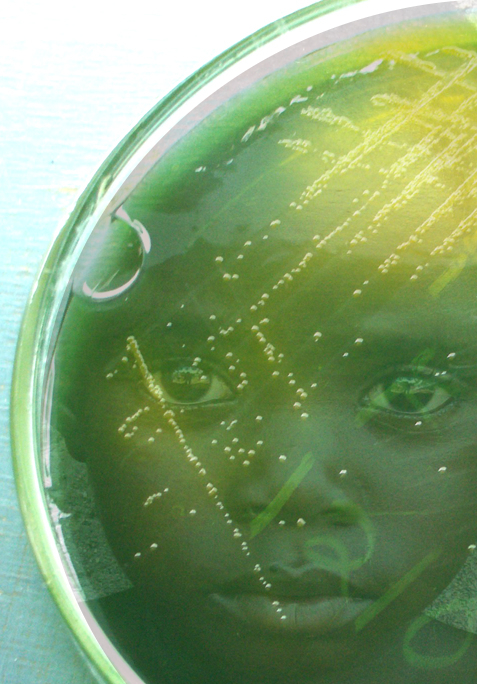Novel molecules could be key to TB
 Australian scientists have discovered a potential new treatment for tuberculosis, a disease rapidly gaining resistance against current medical therapies.
Australian scientists have discovered a potential new treatment for tuberculosis, a disease rapidly gaining resistance against current medical therapies.
They found a group of molecules that appear to block the growth of the bacteria which leads to the disease.
As often happens, the discovery was made by a researcher investigating a new treatment for a completely different condition – prostate cancer.
The finding has generated excitement among the medical world, frustrated by a rise in tuberculosis, which the World Health Organisation estimates has now infected 30 per cent of the globe’s population and is becoming increasingly resistant to current treatments.
Researcher Dr Luke said the discovery came about while his team at Deakin University was researching the value of the same group of molecules for prostate cancer treatment.
“While we were working on a group of 25 to 30 compounds, six of the most active components proved to be able to inhibit the growth of TB,” Dr Henderson said.
“The good thing about these molecules is that we can easily generate and modify a lot more. We can synthesise them in one day, which means that we can speed up the research process.
“While there is still a long road ahead before a drug would be ready for commercialisation, we are very excited about its potential as current treatments are just not getting on top of the global pandemic.
Dr Henderson said that while annual TB fatalities were declining, resistance to the disease was increasing, which could soon prove disastrous.
“The disease is evolving resistance to the two frontline drugs that have been used to treat TB for almost 30 years, Isoniazid and Rifampicin,” he said.
“Now, around half a million of all TB cases are multi-drug resistant and around 10 per cent of these are extremely drug resistant.
“The first new drug in 30 years, Bedaquiline, was made available in 2012, but unfortunately it has a ‘black box’ warning, which is the most serious warning in relations to side-effects able to be given by the FDA.”
In 2013, TB killed 1.5 million people, with more than half of these deaths occurring in the South East Asia and Western Pacific regions.
But while TB was once kept out of rich first-world nations by modern vaccinations, the disease is no longer isolated to poorer countries.
The London Assembly recently reported that parts of London had higher rates of the disease than countries such as Rwanda, Eritrea and Iraq, recording more than 2,500 new cases of TB in England’s capital last year – or about 40 per cent of the UK's total.
Dr Henderson’s team’s next step will be to focus on understanding how the molecules select and kill TB bacteria and whether they may cause side effects.
Their latest research has been published in the international journal ChemMedChem.








 Print
Print